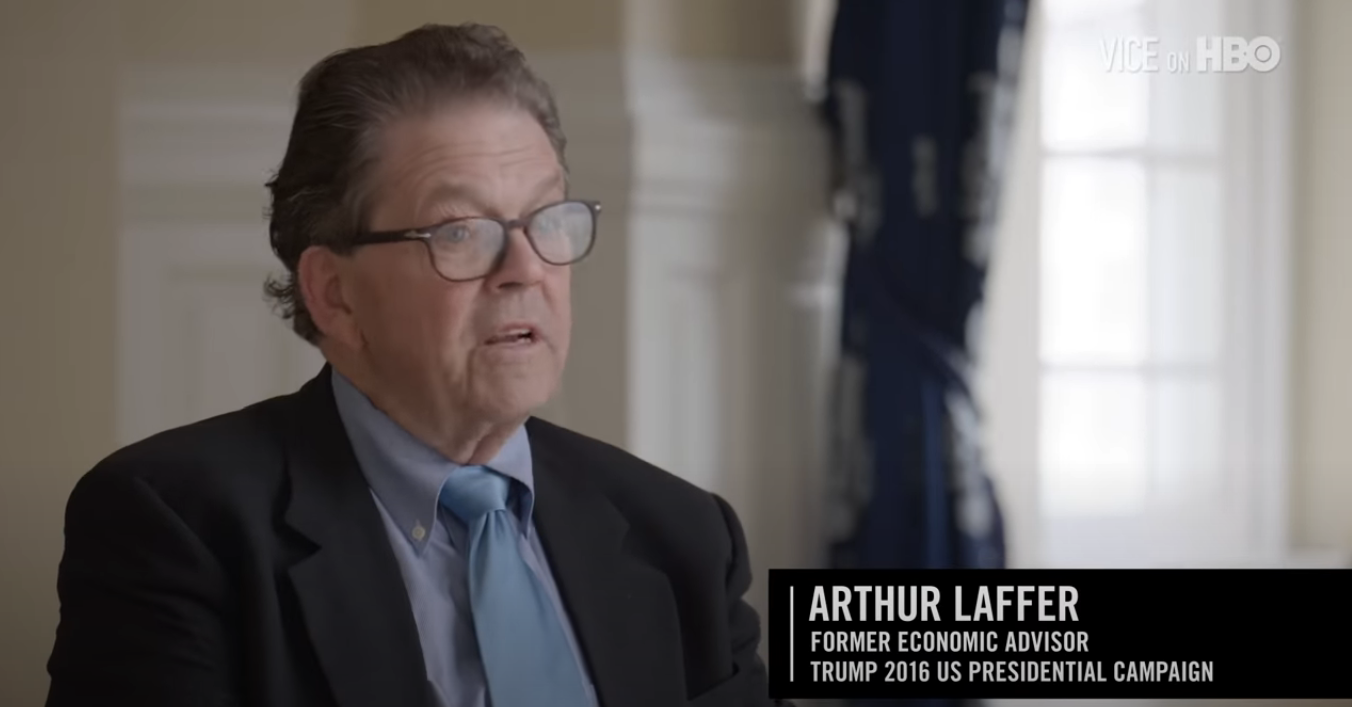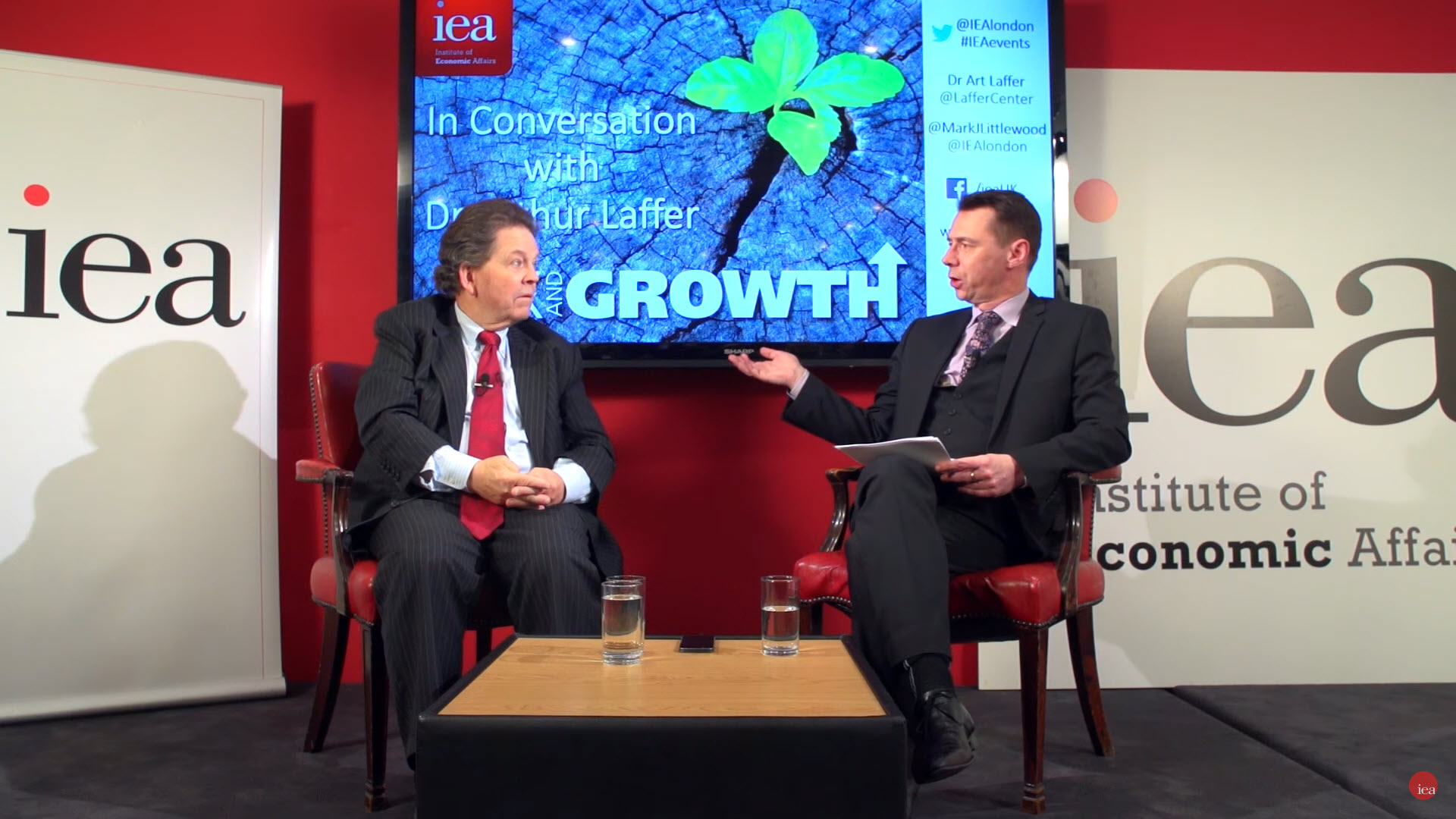In today’s world of political economics, the topic of international trade is only large enough to accommodate two points of view: one that believes in free trade and one that believes in protectionist policies. You’re either in one group or the other. Both pure trade and international finance are vast fields of economics incorporating the highest levels of competence, formal
theoretical skills and math. Any bimodal classification of people’s views and thoughts is grotesquely misleading. Trade theory and its practice is as nuanced as any branch of economics—full of rich, deep theory and empirical research. Treating the topic loosely or superficially is dangerous in the extreme. Let the reader beware. Enter at your own risk.
The Volcker (Price) Rule of the 1980s
The voluble discussion over the prospective nomination of Stephen Moore to the Board of Governors of the Federal Reserve
System was undisciplined in many ways, not least in its characterization of the monetary history during the crucial decade of
the 1980s. Bloggers and reporters, especially at the Washington Post, seized upon Moore’s remarks concerning the way Paul
Volcker had conducted monetary policy during the successful latter portion of his chairmanship of the Federal Reserve from
1982 to 1987. Moore contended that Volcker had followed a commodity-price rule, while Catherine Rampell of the Post (who
led the anti-Moore charge) called this “flat-out false.
Federal Reserve Chairman Paul Volcker all but advocated a price rule for monetary policy beginning in the latter half of 1982. He despaired of the major options to a price-rule, namely quantity and interest-rate targeting, and urged that instead, the exchange value of the dollar be given priority in Fed monetary-policy deliberations. In coming to this conclusion, this reorientation of the Fed’s strategy and outlook which occasioned opposition from his board, Volcker sought to reorient monetary policy in anticipation of a major episode of non-inflationary economic growth that appeared to be in the offing as the second year of the Ronald Reagan presidency came to a close.
The Emerging International Currency Crisis, Currency Boards Can Stave It Off
Currency boards have attracted increasing interest in recent years—and months—because signs of another international monetary crisis are beginning to gather. The prevailing monetary system does not comport with the actual monetary order of the world. Currency boards can, on all important criteria, close the currently yawning gap between the world monetary system and its order. The only risks entailed in currency boards are those associated with the great success and prosperity that they bring without fail.
Trump Scares His Former Economic Adviser With Trade Talk | VICE on HBO
Art Laffer was an economic advisor to President Trump’s 2016 campaign — and he says Trump’s trade war rhetoric scares the hell out of him.
IEA – In Conversation with Dr. Arthur Laffer 2016
The IEA is the UK’s original free-market think-tank, founded in 1955.
Economic Chartbook for West Virginia
These series of charts offers a snapshot of West Virginia’s economic climate and how the state compares with other U.S. states. The charts were included in Dr. Laffer’s remarks to the West Virginia Chamber of Commerce’s Annual Meeting on September 2, 2015. Link to study: West Virginia Chartbook
For many countries around the world, the challenge of administering effective tobacco taxation has been to ensure the optimal level and structure of taxation that achieves the public health and public finance goals of governments. As I pointed out in my book, Handbook of Tobacco Taxation: Theory and Practice, many people believe that tax policies on tobacco…




